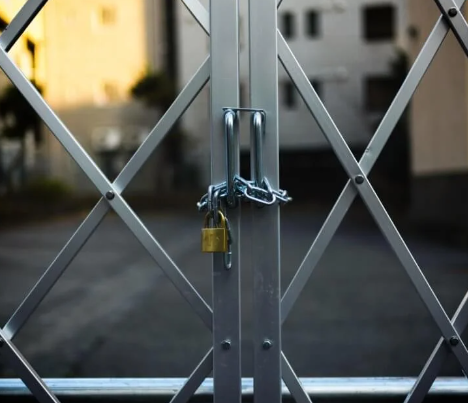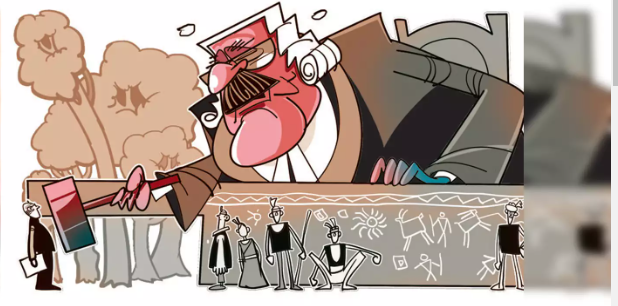Squatting, or occupying a empty house without having the owner’s authorization, can be a process that is neither endorsed nor urged in virtually any status of your US. Nevertheless, legislation concerning Squatters’ proper rights is a bit confusing and may differ among states. Utah is not any exclusion, and learning the legal systems encircling Squatters’ proper rights in Utah is critical for landlords and tenants likewise. In this particular post, we shall discover Utah’s regulations on Squatters’ legal rights and how they shield Squatters at some level.
What exactly are Squatters rights in Utah?
In squatters rights in utah have authorized privileges, though they are not explicitly considered such within the state’s statutes. Squatters’ rights are essentially legitimate disputes utilized to justify remaining over a home that is certainly not legitimately theirs. The lawful idea behind Squatters’ privileges is referred to as adverse thing, and Utah has accepted undesirable ownership since statehood. Under Utah rules, a squatter may obtain authorized acquisition of a residence they may have busy for a minimum of seven several years without having the owner’s permission. The squatter’s thing needs to be dangerous – that means these are occupying your property without having the owner’s authorization – real, open up, notorious, and distinctive. The squatter also needs to have compensated house fees in that time. After the seven yrs have passed, the squatter can apply for a peaceful title motion, which will allow them to end up being the legitimate owner of your property.
Property owners and Squatters’ Rights
For landlords in Utah, Squatters’ proper rights can be a important issue. Landlords who allow a renter to go in without having finishing a formal rent document boost their risk how the tenant may eventually turn into a squatter once they stay on the premises right after the rent runs out or perhaps is terminated. After a renter transforms right into a squatter, landlords must adhere to state statutes on eviction, which may consider much longer to get rid of a squatter from the lease home than the usual regular renter.
The best way to Guard Your Property towards Squatters in Utah
To stop Squatters from occupying your home, property owners have to take techniques to be sure the property will not be deserted rather than remaining alone. What this means is fully getting your property using hair and security systems to ward off anyone that may attempt to break-in. If a property owner has reason to imagine that someone has moved onto their home illegally, it is important to notify law enforcement immediately to initiate an eviction going forward.
Implications for Squatters of Splitting Utah Law
Squatters in Utah deal with legal costs should they be caught breaking right into a property they do not very own or minus the owner’s approval. The state of Utah has a number of laws that street address different factors associated with Squatting, which includes felony trespass, break in, and thievery. Felony theft has a feasible 15-12 months prison phrase in Utah, when felony trespass in a property posesses a possible prison sentence of 180 time along with a fine of $1,000. Squatters who remain a house after an eviction proceeding determine purchases those to keep may also be responsible for trespassing.
Verdict
Comprehending Squatters’ rights in Utah is essential for landlords, tenants, and anybody who operates residence in Utah. When Squatting is not really a desired or lawful training, comprehending the legitimate mechanisms behind Squatters’ proper rights will help guard your house which will help prevent Squatters from turning into entrenched. Property owners need to take steps to guard their hire attributes and remain vigilant for just about any signs and symptoms of unlawful career, alerting law enforcement when necessary. Ultimately, it is important to get an educated legal professional to aid get around the legal system when a Squatting situation occurs.
In summary, Squatters have proper rights in Utah, but those proper rights are limited. Property owners are required to follow Utah’s laws, get legal counsel when situations come up, and acquire required safety measures to guard their property. Awareness of the Squatting laws can be the finest defense in order to avoid any undesirable thing case and safeguard your premises.


